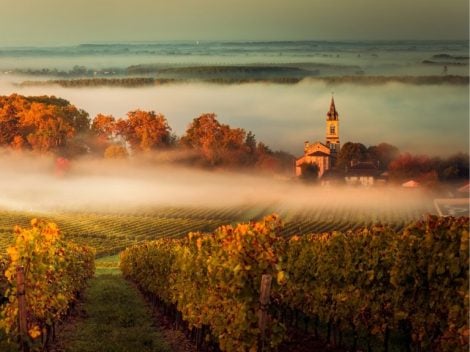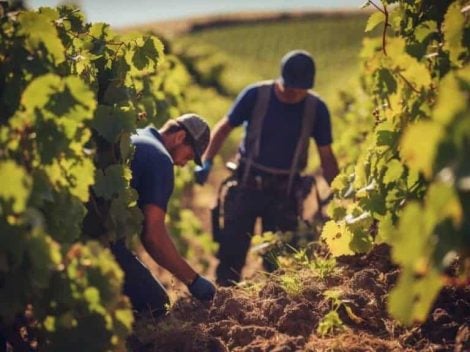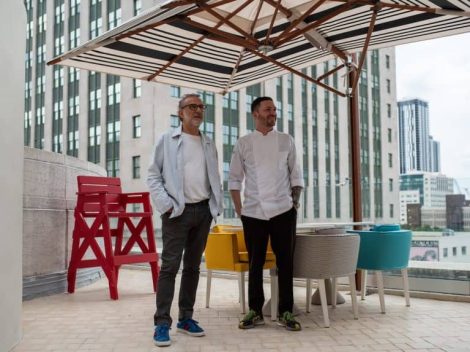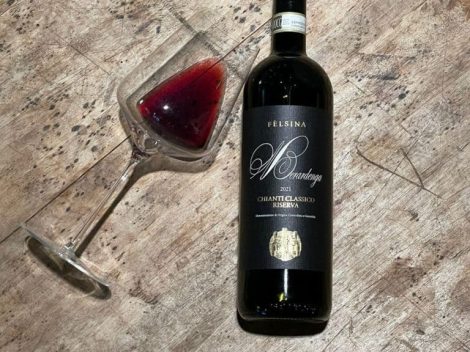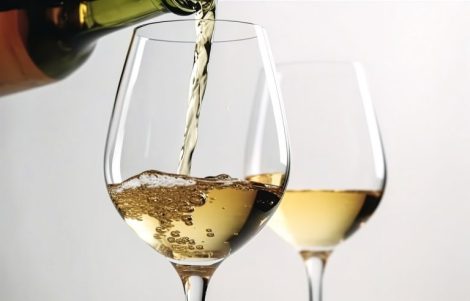Calabria boasts one of the largest grape patrimonies in the world. Recent studies, after having examined at least twice as many, thus excluding the identical synonyms and profiles, have counted about two hundred. But to examine the study and history of Calabria grapes, it's evident that it can also boast another first place, the Italian region where the first sweet wine, now call it meditation wine, was ever produced in Italy.
It was thanks to the Greek colonisation that began between the 8th and 6th centuries BC that together with their grapes (think what we still call Greco or Grecanico) also introduced alberello training systems for grape farming, the use of wine vessels and the production and consumption of wines obtained from dried grapes, which better survived during navigation. This would explain why the tradition of producing sweet wines, not only is lost in the mists of time, but is widespread throughout the region with different grapes and above all methods, sometimes still ancestral.
So for example in Bianco in the Locride area we came across meditation wines obtained by drying, but also by oxidation, from two different grape varieties, Greco di Bianco and Mantonico. Going further north the mantonico is used instead to obtain wines from withering both on the plant and on the classic racks; in the Cirò area in addition to the mantonico they use Greco; in Saracena in the Cosenza area, as we will see, a very complicated ancestral method is employed, while in Strongoli, Roberto Ceraudo uses a red grape variety called Magliocco, and a method all to its own.
Rare Wines. Two sweet wines from Calabria to discover
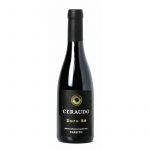
Doro Bè 2017
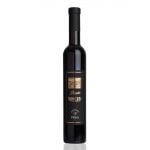
Moscato Passito di Saracena 2020
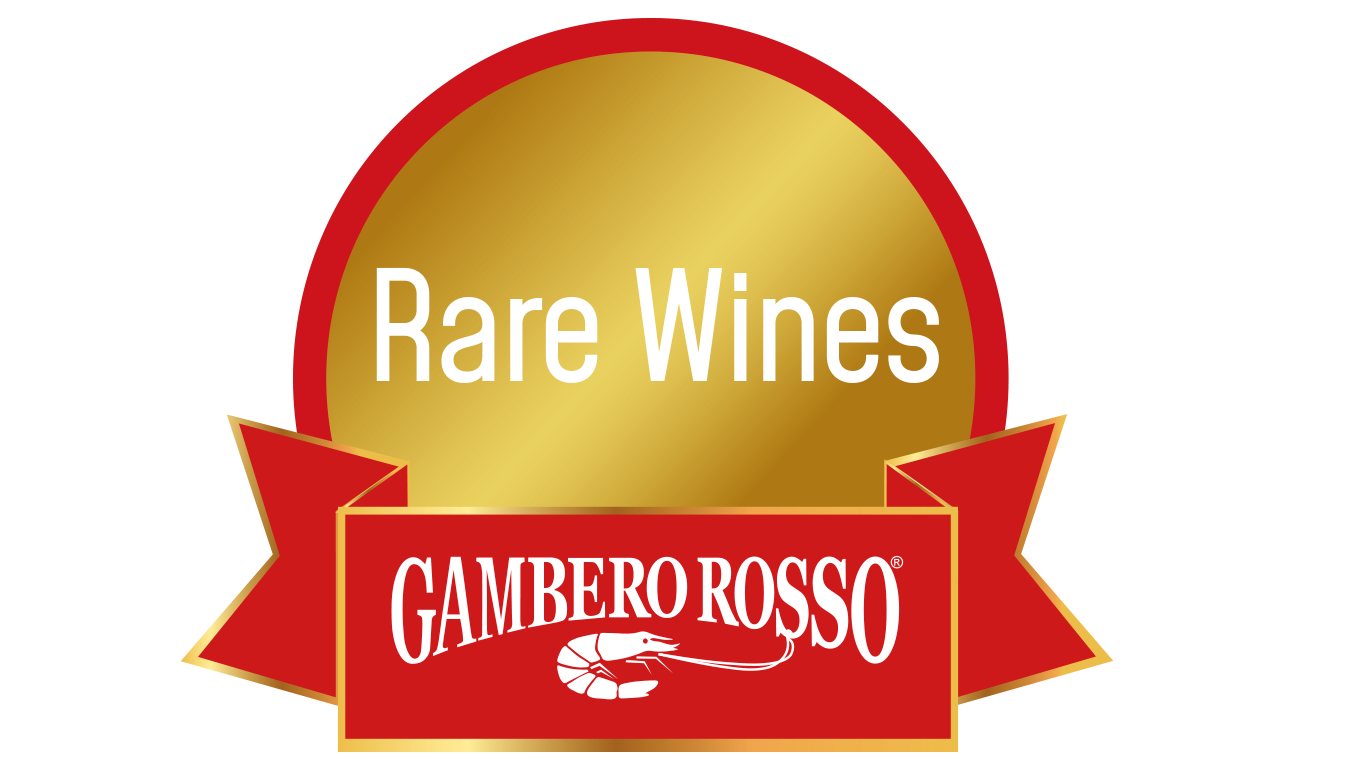
selected by Gambero Rosso

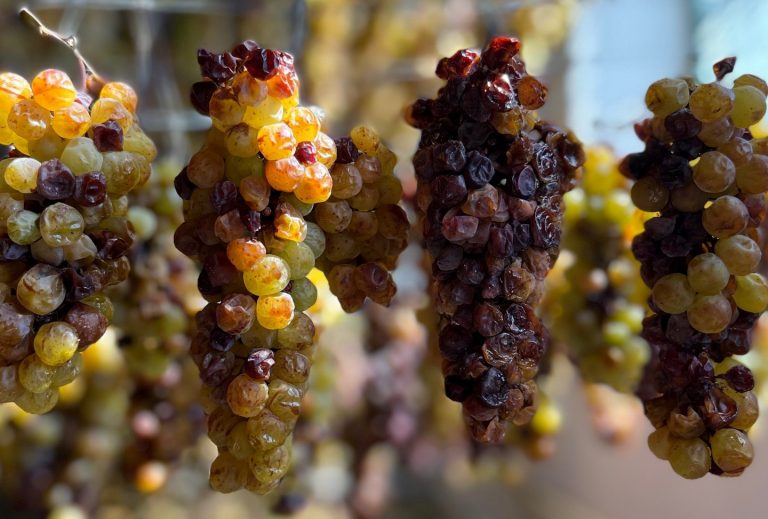
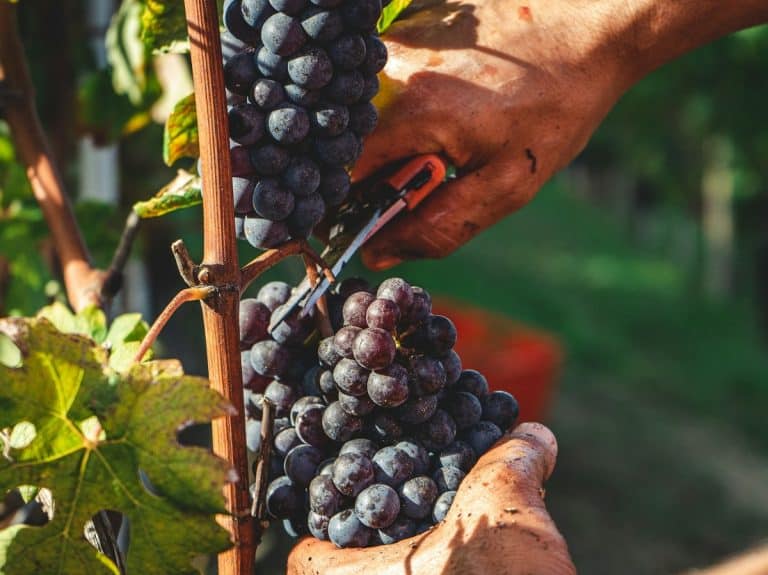 Wine promotion, vineyard uprooting, and support for dealcoholised wines: the European Commission's historic compromise on viticulture
Wine promotion, vineyard uprooting, and support for dealcoholised wines: the European Commission's historic compromise on viticulture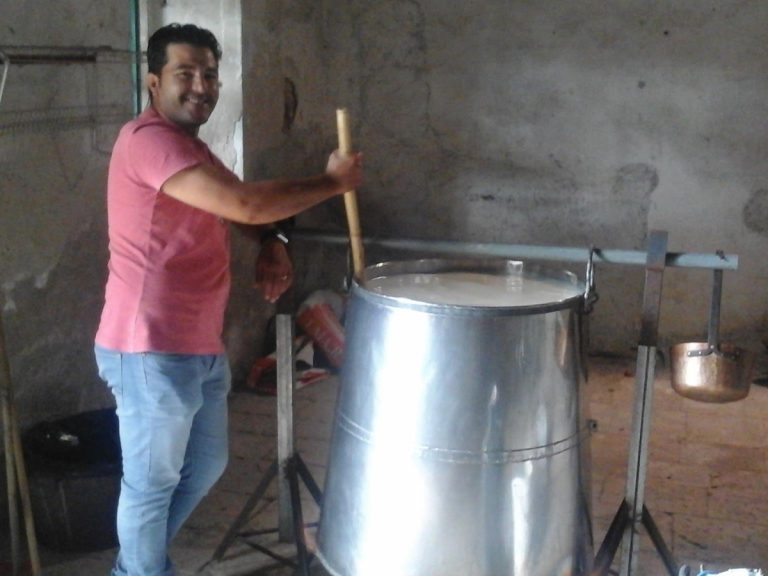 A small Sicilian farmer with 40 cows wins silver at the World Cheese Awards
A small Sicilian farmer with 40 cows wins silver at the World Cheese Awards Women are the best sommeliers. Here are the scientific studies
Women are the best sommeliers. Here are the scientific studies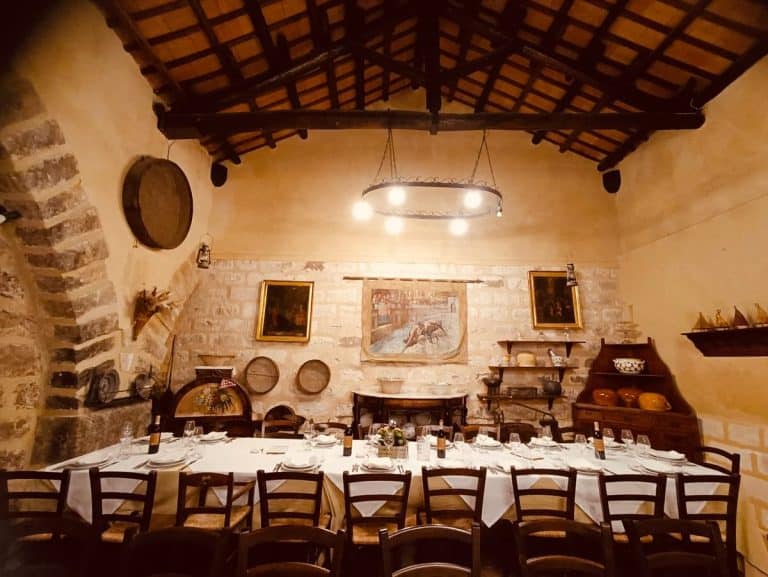 Where to eat at a farm stay in Sicily: the best addresses in the Provinces of Trapani, Palermo, and Agrigento
Where to eat at a farm stay in Sicily: the best addresses in the Provinces of Trapani, Palermo, and Agrigento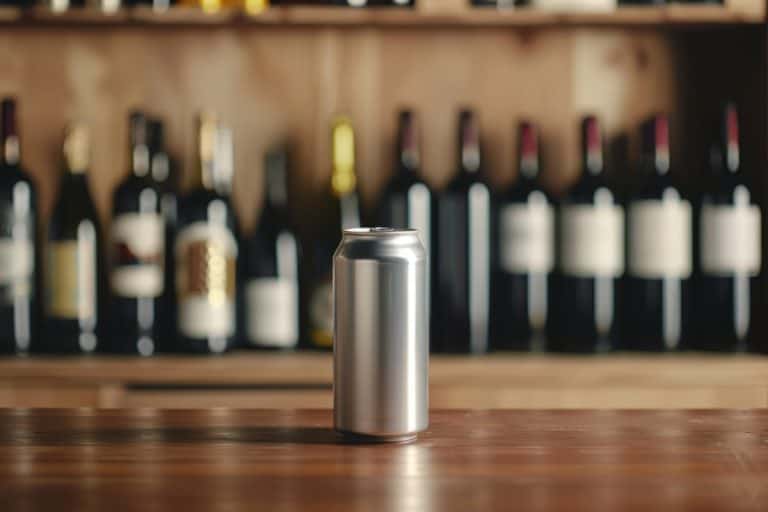 Wine in cans, bottle-fermented, and alcohol free: the unstoppable change in Gen Z’s tastes
Wine in cans, bottle-fermented, and alcohol free: the unstoppable change in Gen Z’s tastes